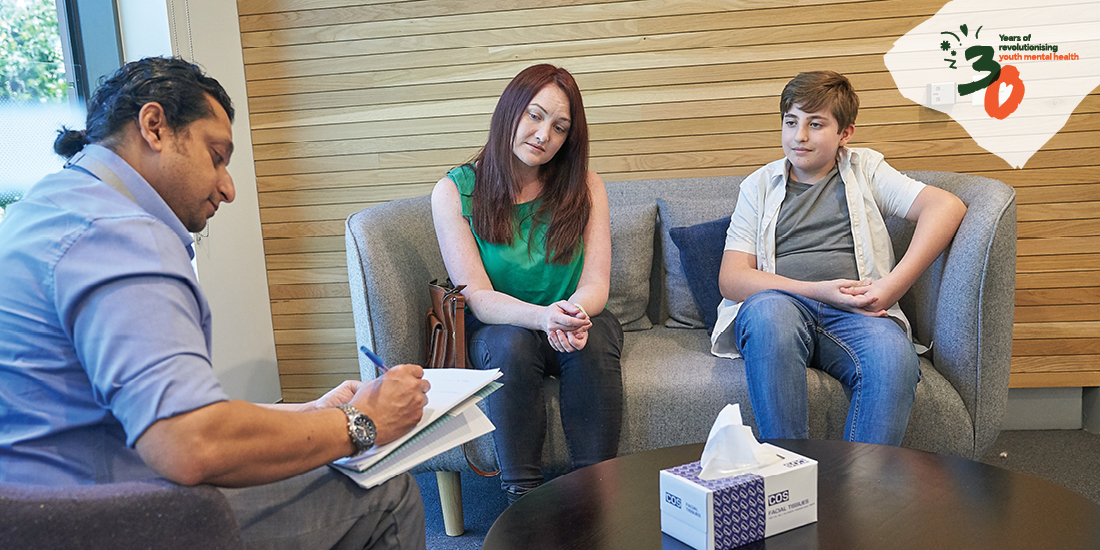
Thirty years ago, youth mental health care didn’t offer a lot of hope.
It was a time when many health professionals treated mental illness as a terminal disease and early intervention was applied only to physical illnesses.
Orygen Executive Director Patrick McGorry recalls people as young as 15 were placed in adult mental hospitals.
“They were brought into this 19th century asylum sort of environment, which was very frightening and traumatising — often with the police, often in a very coercive sort of way,” Professor McGorry said.
“We decided to try and turn this around – to challenge the idea that people couldn’t get better. Hope is necessary in treating any kind of disorder. That wasn’t recognised in psychiatry and certainly wasn’t practised.”
EPPIC
So in 1992 the Early Psychosis Prevention and Intervention Centre (EPPIC) was established, revolutionising early psychosis treatment by humanising inpatient care and pioneering an early intervention approach involving families and carers as key pillars of recovery.
In 2002, the centre was renamed Orygen and in 2013 the EPPIC model was rolled out nationally, becoming the template on which many specialist early psychosis services worldwide are now designed.
Today the EPPIC model provides youth-friendly inpatient and sub-acute care, continuing case management, medical and psychosocial treatments, functional recovery programs, family and youth peer support, and group programs including art and music therapy.
A young person’s perspective
One young person who spent a number of years in the EPPIC program said it enabled them to find their voice.
“It was the first time that an organisation had even bothered to try and get me to open up. After three or four sessions most people would just give up, but Orygen sat with me and they tried to get me to open up and then eventually I did,” they said.
Most importantly, the program gave them hope – especially after meeting the youth peer support workers.
“Just seeing someone who had lived through something similar to what I had and they're living their lives now, it kind of gave me hope,” said the young person who went on to become a peer support worker for Orygen,” they said.
“I always thought that that's maybe the reason that I've gone through all of this – to help others.”
Early intervention approach expands
In the thirty years since EPPIC was established, Orygen has shown that early intervention improves outcomes for young people with emerging mental ill-health across a wide range of mental illnesses – not only psychotic illnesses, but also borderline personality disorder and bipolar disorder, and mood disorders such as anxiety to depression.
Today Orygen continues to push for expanded early intervention support for young people, particularly those with complex needs, known as ‘the missing middle’.
“These are young people who are already beyond the initial stage of mental ill-health (characterised by anxiety and depression alone). They may present with emerging psychosis, or mood, personality, eating, and/or substance use disorders. They need early intervention, specialised care and ongoing support to help long-term recovery,” Professor McGorry said.
Read more about Orygen’s 30 years of clinical care here.